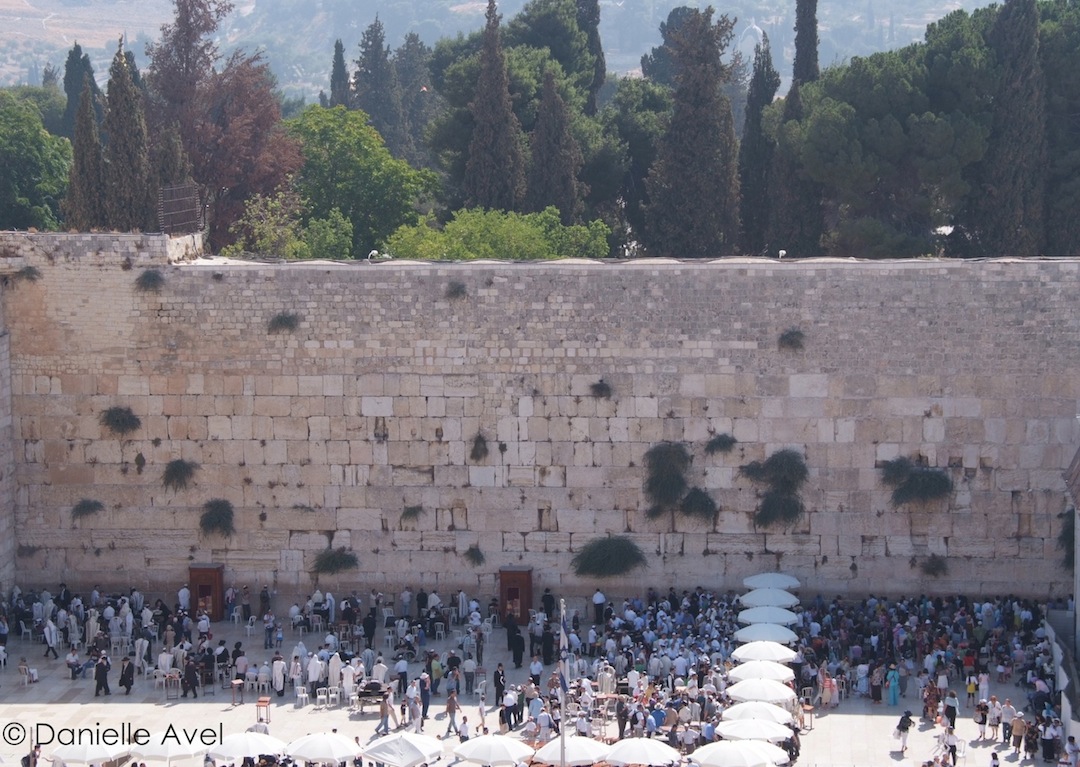Internet companies are forcing a biased Palestinian narrative onto users. First, Yahoo artificially divided Jerusalem into Israeli and Palestinian sections. Then Google made headlines by creating a Palestinian state. Now Facebook is promoting “East Jerusalem.”
The term “East Jerusalem” often refers to the make-believe capital of a currently non-existent country called “Palestine.”
The usage of “East Jerusalem” is not some slight slip. With it, Facebook has made a foreign policy declaration denying the reality that all of Jerusalem is the capital of the Jewish State of Israel.
I was confronted with Facebook’s political bias while posting photos during a recent trip to Jerusalem, when the automatic location prompt kept insisting I was in “East Jerusalem.”
The same thing happened everywhere I went–to the east, to the west, and also in the former no-man’s land in between. Facebook always declared my presence in this pretend-city called “East Jerusalem.”
Israel’s capital city, which Facebook decided to call by its French and Hebrew names, was relegated to secondary status along with sundry hotels, restaurants, and tourist attractions.

Caption: Facebook promotes “East Jerusalem” while relegating Israel’s capital of Jerusalem to secondary choices in French and Hebrew. Note, this location is actually in the western portion of Jerusalem. Credit: Danielle Avel
Facebook not only took this idea of “East Jerusalem” and promoted it, but even worse, it did so in places such as the Mamilla shopping center–which is in the former 1949-67 no-man’s-land–and also in the neighborhood around Ben Yehuda Street (pictured above), which is a part of the western portion of Jerusalem.
Facebook did not respond to my requests to clarify and/or comment on its incorrect use of “East Jerusalem.”

Caption: Screenshot, “Why does Facebook keep insisting I’m in “East Jerusalem”? Credit: Danielle Avel
What arrogance. Foreign policy decisions are made by elected governments, not by Internet corporations.
When Facebook promotes a biased Palestinian assertion of fake geography, it deceives users. While searching the Internet or posting a photo on a social media network, users should not be subjected to a biased political narrative, but rather be given a prompt that reflects reality.
Danielle Avel is an analyst formerly affiliated with the Investigative Project on Terrorism. She can be reached through her website www.DanielleAvel.com and on Twitterand Facebook.

COMMENTS
Please let us know if you're having issues with commenting.